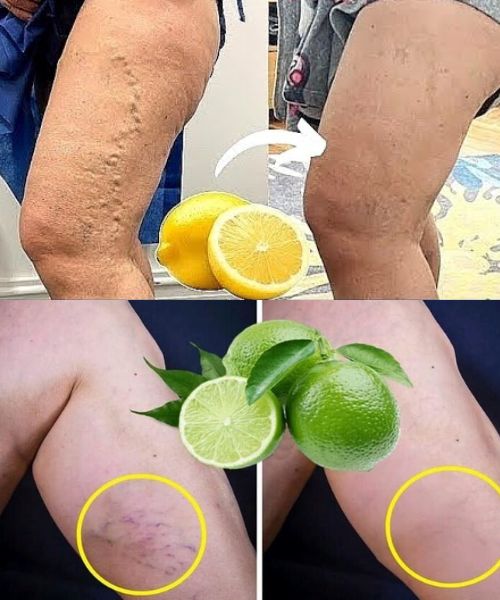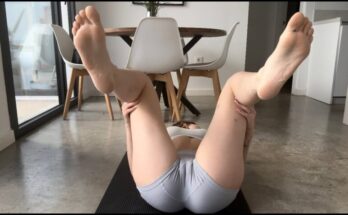The claim that lemon can remove varicose veins might stem from the many beneficial properties of lemons, such as their high vitamin C content, which is crucial for the health of veins and capillaries. However, it’s important to clarify that while lemons and their juice can support vascular health due to their antioxidant properties, they do not have the ability to eliminate varicose veins once they have formed.
Varicose veins are swollen and enlarged veins, usually appearing on the legs, that occur when the valves in the veins do not function properly, causing blood to pool. This is often a result of weakened vein walls and valves, which can be influenced by factors like genetics, obesity, pregnancy, and prolonged standing.
How Lemons Might Help
1. Supporting Vascular Health:
Vitamin C: Lemons are rich in vitamin C, which is essential for the production of collagen and elastin. These proteins help keep veins strong and flexible, possibly preventing worsening of existing varicose veins.
Antioxidant Properties: The antioxidants in lemons can protect the veins from oxidative damage, maintaining overall vascular health.
2. Anti-inflammatory Effects:
The anti-inflammatory properties of lemons might help reduce swelling and discomfort associated with varicose veins, although this is more about symptom management rather than treating the underlying vein issues.
What You Can Do
While lemons alone can’t cure varicose veins, incorporating them into a holistic approach to vascular health might be beneficial. Here are a few practical ways to use lemons:
1. Lemon Water:
Drinking lemon water can help hydrate and detoxify the body, potentially improving blood flow and reducing inflammation. Simply add the juice of half a lemon to a glass of warm water and drink it daily.
2. Dietary Intake:
Increase your intake of vitamin C by consuming more citrus fruits like lemons. This can help maintain the health of your veins.
3. Topical Application:
While topical application of lemon juice or oil won’t cure varicose veins, it can be refreshing and may temporarily soothe the skin. Mix lemon juice with a carrier oil like coconut oil and massage it gently onto the skin. This should be done with care, as lemon juice can be irritating to the skin and must never be applied to open sores or wounds.
Professional Treatments
For those looking to effectively treat varicose veins, there are several medical treatments available:
Compression Stockings: Wearing prescribed compression stockings can help with blood flow and reduce the symptoms of varicose veins.
Sclerotherapy and Laser Treatments: These are common procedures that close off affected veins, reducing their appearance significantly.
Conclusion
While incorporating lemon into your diet and daily routine can support vascular health and potentially prevent further deterioration of varicose veins, it is not a cure. For those suffering from significant discomfort or complications from varicose veins, it is important to consult with a healthcare provider to discuss appropriate medical treatments. Remember, natural remedies can be a supportive part of overall health but should not replace professional medical advice and treatment.




